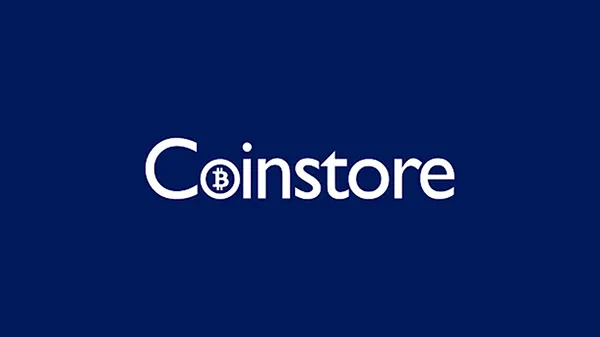
Coinstore: Is This Asian Crypto Exchange Really Suitable for European Users?
Coinstore has recently gained traction as one of the emerging crypto exchanges in the Asian market. But with the rise in cross-border interest, a key question surfaces: is Coinstore truly a reliable and convenient option for users based in Europe? This article provides an in-depth analysis of its features, compliance, usability, and competitiveness, with the aim of evaluating whether it can meet the expectations of the European crypto community.
Regulatory Compliance and Legal Status
One of the first concerns for European users is the legal transparency of any exchange. Coinstore is registered in Singapore, a jurisdiction known for its evolving regulatory approach to cryptoassets. However, the company’s legal presence and licensing remain limited when it comes to operations within the European Union.
As of February 2025, Coinstore does not hold any official licence from key European financial regulators such as BaFin (Germany), AMF (France), or the FCA (UK). This means that European users are relying on a foreign entity operating under Asian compliance frameworks, which may not provide the same protections offered by EU laws.
Despite this, the exchange states that it follows international AML (Anti-Money Laundering) policies and offers KYC verification. Yet, the lack of EU-specific licences remains a barrier for those prioritising legal safeguards and dispute resolution within the region.
Is Coinstore Considered Safe by European Standards?
While Coinstore employs standard security measures—two-factor authentication, cold wallet storage, and encrypted data protocols—there is limited public documentation about third-party audits or insurance policies. This makes it difficult for users to assess the full extent of its cybersecurity infrastructure.
Additionally, its terms of service indicate that legal disputes must be resolved in the jurisdiction of incorporation, which could complicate matters for users in Europe seeking legal recourse. Hence, from a legal standpoint, Coinstore is not yet fully aligned with European regulatory expectations.
That said, the company has not been associated with any major security breaches or scandals, which provides a degree of credibility. But transparency and regulatory recognition remain critical gaps.
Trading Features and Currency Support
Coinstore offers a broad range of services, including spot trading, futures, staking, and launchpad projects. Its interface supports multiple languages, including English, which makes it accessible to international users. However, its trading volume and liquidity are relatively modest compared to top-tier exchanges operating in Europe.
The exchange supports a wide variety of cryptocurrencies, with an emphasis on emerging and Asian tokens. This could be an advantage for users interested in early access to regional assets not yet listed on mainstream platforms.
However, for European users who primarily trade well-established coins like BTC, ETH, or USDT, Coinstore may not offer a distinct advantage. In addition, fiat gateways are limited—support for SEPA transfers or integration with European payment systems remains minimal.
How Competitive Are Coinstore’s Fees and Execution?
Coinstore charges a flat 0.2% fee on spot trades, which is relatively high compared to exchanges like Binance or Kraken that offer lower fees for verified users. There are no clear incentives for high-volume traders or loyalty programmes tailored to European clientele.
Execution speeds are decent but vary depending on trading pair and time of day. The matching engine performs reliably in moderate-volume conditions but is not optimised for high-frequency trading.
Additionally, Coinstore’s withdrawal fees are not competitive for major crypto assets. Combined with limited fiat integration, this may hinder cost-effective fund movement for European users.

User Experience and Customer Support
In terms of interface, Coinstore offers a modern and intuitive trading dashboard, which functions well across desktop and mobile devices. However, the platform lacks some of the advanced charting and analytical tools that professional traders often require.
Customer support is primarily available through email and live chat, with average response times ranging from several hours to more than a day. There is no dedicated European support team, which could result in delayed resolutions for region-specific issues.
Moreover, the help centre is relatively basic, with limited documentation on taxation, regional compliance, and fiat handling—areas of high concern for EU-based traders.
Can Coinstore Adapt to the European Market?
Coinstore has shown signs of international ambition, including hosting global events and expanding language support. However, it has yet to demonstrate concrete steps towards compliance with European data protection (GDPR) and financial regulations.
To better serve European users, the company would need to establish local partnerships, enhance fiat integration, and engage with EU regulators. Without these steps, it remains an exchange with limited appeal for users concerned about security, legal clarity, and operational support in Europe.
Until such adaptations are made, Coinstore may best serve as a supplementary exchange for accessing Asian market tokens rather than a primary trading venue for European residents.
